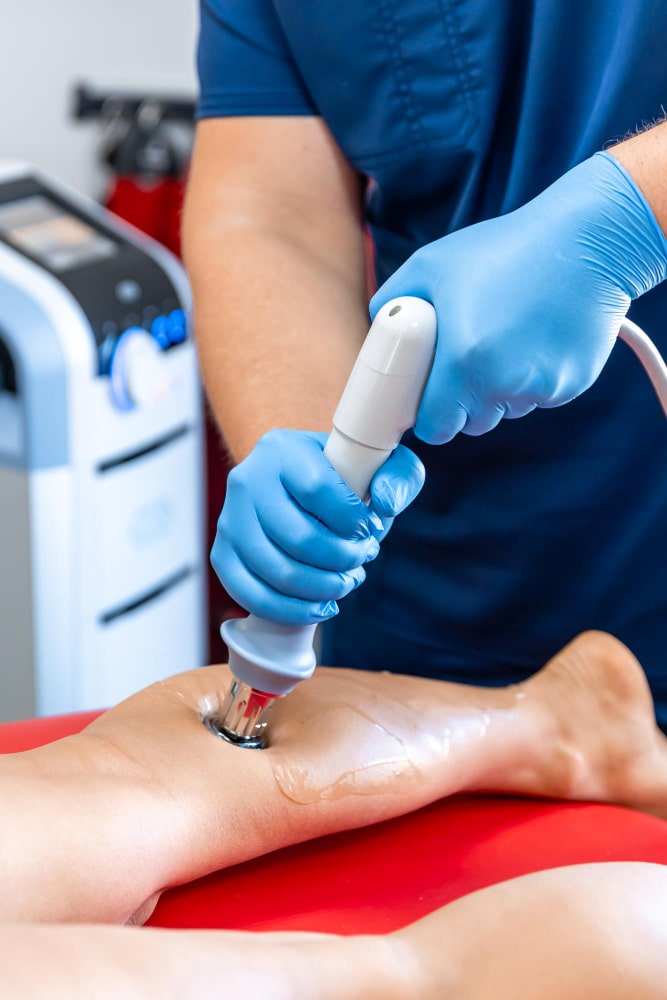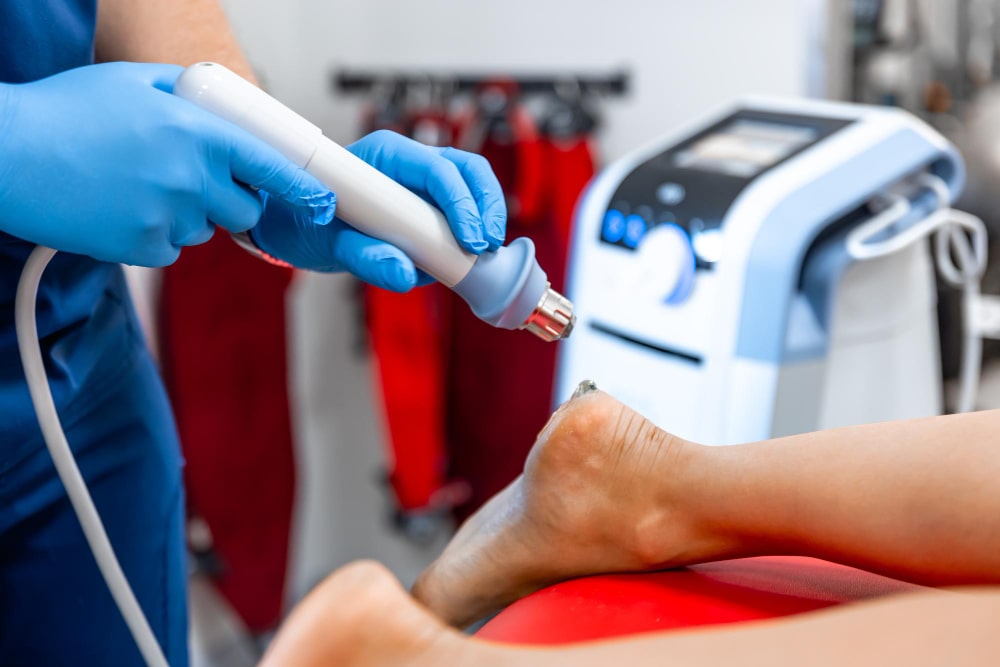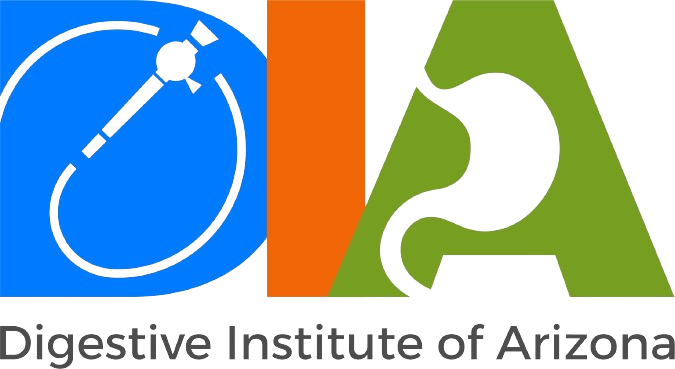Radiofrequency Ablation (RFA) Treatment for Barrett's Esophagus
- Home /
- RFA Treatment for Barrett's Esophagus

RFA Treatment for Barrett's Esophagus In Phoenix, Arizona
Experience Top RFA Procedure for Barrett's Esophagus Now in Phoenix, Arizona
Digestive Institute of Arizona, located in Phoenix and Gilbert, Arizona, is committed to offering modern solutions for gastrointestinal disorders. One of these innovative offerings includes Radiofrequency Ablation (RFA) treatment for Barrett’s Esophagus. Barrett’s Esophagus is a condition occurs when acid from the stomach destroys the lining of the tube that connects the mouth to the stomach, often as a result of Gastroesophageal Reflux Disease (GERD). If left untreated, it may cause serious implications such as esophageal cancer.
In treating our patients with RFA therapy, we aspire to better their quality of life as soon as possible. By utilizing modern technology and our highly qualified doctors, we are able to provide personalized care for every patient’s specific needs. Our in-depth diagnosis RFA procedures, employment of progressive techniques and supporting patients over a long period of time guarantees the best results.
By constantly researching and improving our system to best support our patient’s health, we enable our patients to live happy, healthy lives. At the Digestive Institute of Arizona, compassion meets innovation. Book your appointment today and take your first step towards a higher-quality life.



What is Barrett's Esophagus?
Barrett’s Esophagus is a condition most frequently found among individuals who have had GERD for some time. This condition happens when the acid in one’s stomach flows back into the gullet, which acts as a connecting tube between the mouth and the stomach. As time progresses, this acid exposure harms the healthy surface of the gut, resulting in its substitution with an intestine-like lining. Although not all Barrett’s esophagus patients will develop cancer, obtaining the condition raises the chances of having it.
Who is a Candidate for RFA Procedure?
RFA constitutes a minimally invasive technique suitable for patients with Barrett’s Esophagus experiencing symptoms such as:
- Low-grade dysplasia: This indicates the presence of abnormal cells in the esophagus lining, which have a low rate of potentiality to turn out cancerous.
- High-grade dysplasia: This implies that there is an increased risk of developing esophageal cancer.
- Barrett's Esophagus without dysplasia (in some cases): It may be possible for someone with Barrett’s Esophagus to have a high chance of developing dysplasia later on, such as if they have a long segment or large area of their Barrett's.
Benefits of RFA Therapy at Digestive Institute of Arizona
- Minimal invasion: RFA is done endoscopically, meaning no cuts are made during surgery.
- High effectivity: Studies have shown that RFA can clear precancerous cells in most patients.
- Ambulatory process: After RFA, most patients go home on the same day.
- Low risk for esophageal cancer: By successfully treating precancerous cells early with RFA, patients have a greatly reduced chance of getting esophageal cancer.
- Skilled team: Our gastroenterologists are highly skilled and experienced.
What to Expect During RFA Treatment?
RFA is done in a state of sedation. Here’s an overview of the process:
- Anesthesia: You will receive medication that will make you feel relaxed and experience little pain.
- Endoscopy: An endoscope, a thin-layered, flexible tube with a camera, goes through your mouth to the esophagus.
- RFA: The gastroenterologist uses the endoscope to deliver radio frequency energy to the affected parts of the esophagus. The heat energy destroys abnormal tissues.
- Monitoring: After surgery, you will be monitored for some time before discharge.

Recovery from RFA Treatment
A number of patients are often uncomfortable for around 48 hours after RFA procedure. Some experience chest pain or difficulty swallowing. Specific advice on how to handle these symptoms will be provided by your doctor and can comprise drugs and dietary changes.
Post-RFA, you will require routine surveillance endoscopies to test for recurrence of Barrett’s Esophagus.
Why Choose Digestive Institute of Arizona for RFA Treatment?
Digestive Center of Arizona is the best place to get the most extensive types of treatment for patients with Barrett’s Esophagus. Our gastroenterologists are dedicated to offering you the highest levels of treatment. We know the importance of early prevention and patient guidance, and we will be there every step of your therapy until you are completely healed.
FAQs About RFA Treatment
RFA is a secured and well-tolerated process. However, it does have some dangers such as hemorrhage, infection, or stenosis of the Esophagus. Your doctor will discuss these uncertainties with you in depth prior to undergoing the operation.
The quantity of your RFA treatments will depend on the level and range of your Barrett’s Esophagus. In most cases, one to three sessions are enough.
RFA is incapable of completely curing the condition. Even so, the procedure wipes out precancerous cells and dramatically reduces risks of cancer. It is essential, to always have periodic follow up endoscopies in order to see whether the condition may come back.
If you would like to learn more about RFA as a treatment for Barrett’s Esophagus, please get in touch with the Digestive Institute of Arizona to schedule an appointment with one of our professional gastroenterologists.
